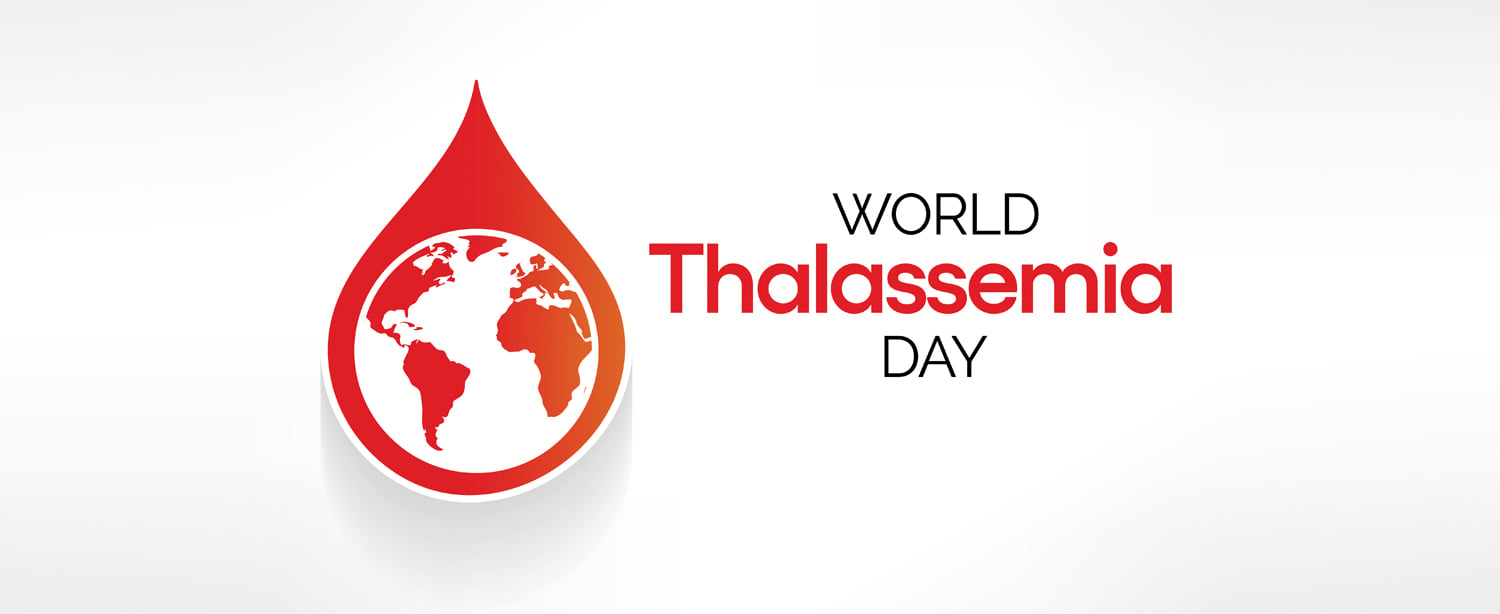Each year, at least 10,000 children are born in India with Thalassemia Major. The prevalence of thalassemia carrier status is about 3 to 18 % in our population. Thalassemia is an inherited blood disorder that affects your body’s ability to produce hemoglobin and healthy red blood cell. Individuals with thalassemia disease are unable to make enough hemoglobin, which leads to severe anaemia. Hemoglobin helps carry oxygen to all the parts of the body. Low hemoglobin levels make your organs starved for oxygen and they are unable to function properly.
Types of Thalassemia
There are two primary types of Thalassemia disease:
- Alpha Thalassemia disease
- Beta Thalassemia disease
Alpha and beta thalassemia are two types of thalassemia, which are inherited blood disorders that affect the production of hemoglobin. The difference between alpha and beta thalassemia lies in which part of the hemoglobin molecule is affected. Alpha thalassemia is caused by mutations in the genes that produce alpha globin, which is a component of the hemoglobin molecule. Beta thalassemia is caused by mutations in the genes that produce beta globin, which is another component of the hemoglobin molecule.
Individuals with alpha thalassemia may have mild to severe anemia, while those with beta thalassemia typically have more severe symptoms. The severity of thalassemia depends on how many abnormal genes a person has inherited. Both types of thalassemia require appropriate medical management, which may include regular blood transfusions, iron chelation therapy, and other treatments to manage symptoms and prevent complications.
Thalassemia Symptoms
If both parents have thalassemia minor or are carriers of the trait, the child is at risk of developing thalassemia major. Children with Thalassemia Major typically exhibit failure to thrive, show weight loss, irritability, poor feeding, and pale appearance by the time they are 6 months old. On examination, they would have a noticeable anaemia as well as an enlarged liver and spleen. Here are some common signs and symptoms of thalassemia:
- Fatigue
- Weakness
- Slow growth
- Pale or yellowish skin
- Facial bone deformities
- Abdominal swelling
- Dark urine
Causes of Thalassemia:
Genetic mutations are known to affect the production of hemoglobin that lead to thalassemia. Individuals with thalassemia inherit one or more abnormal hemoglobin genes from their parents, which affects the amount and quality of hemoglobin in their red blood cells.
How is Thalassaemia diagnosed?
Thalassemia can be diagnosed through a blood test that measures the amount and quality of hemoglobin in the blood. Additional tests, such as genetic testing and bone marrow biopsy, may be necessary to determine the type and severity of thalassemia.
How can Thalassaemia be prevented?
Thalassemia is an inherited disorder, so prevention strategies focus on genetic counseling and testing. Individuals with a family history of thalassemia should consider genetic testing before starting a family to determine their risk of passing the disorder on to their children. It is recommended to get checked thalassaemia carrier status before starting a family to help save a child from becoming a patient of thalassaemia Major – an unending cycle of blood transfusions. In each pregnancy between partners who are thalassemia carriers, there is a one in four (25%) chance that their child will have normal blood, a two in four (50%) chance that the child will have thalassemia minor or a one in four (25%) chance that the child will have thalassemia major.
Treatment of Thalassemia at Kokilaben Dhirubhai Ambani Hospital
The treatment for thalassemia depends on the type and severity of the disorder. Individuals with mild thalassemia may not require treatment, while those with severe thalassemia may require blood transfusions, iron chelation therapy, bone marrow transplant, or other treatments to manage their symptoms and prevent complications. Consult specialists at our Thalassemia Clinic for the best thalassemia care in Mumbai. Raising awareness about thalassemia is an important step in promoting early diagnosis and improving treatment outcomes. Please find below links for further details:
https://www.kokilabenhospital.com/departments/clinicaldepartments/transfusionmedicine.html
https://www.kokilabenhospital.com/departments/centresofexcellence/centrefor_transplant.html
Tags: Thalassaemia treatment


